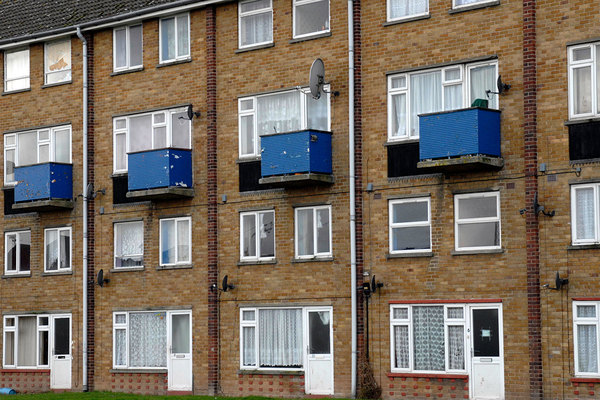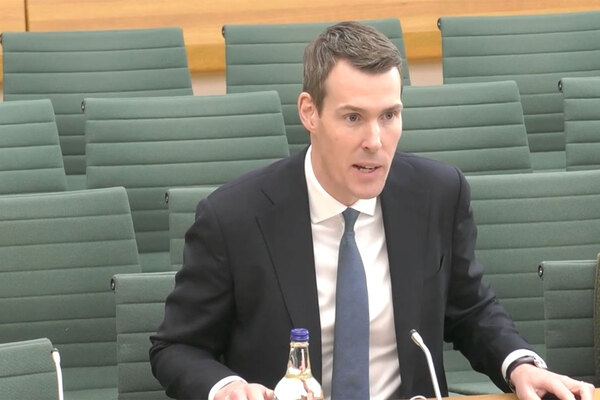You are viewing 1 of your 1 free articles
DWP claims 53-week year will not affect tenants on Universal Credit
The government has shifted its position to claim that the 53 rent weeks next financial year will not have an impact on social tenants receiving Universal Credit.
Inside Housing reported last month that the National Housing Federation (NHF) had clashed with the Department for Work and Pensions (DWP) over the issue.
The trade body has said that many social landlords collect rent every Monday – meaning that there will be 53 lots of rent due in 2019/20 because there are 53 Mondays over that period.
However, the Universal Credit system will only account for 52 rent weeks as normal so tenants using the benefit to pay their rent could lose out.
The DWP previously argued the impact on tenants would be minimal and suggested landlords should switch to monthly tenancies “to overcome any challenges on the rare occasion a 53-week charging year may occur”.
But in a new statement, it told Inside Housing: “No one on Universal Credit will be left with a week’s rent shortfall as a result of having 53 rent payments in a year.
“Having 53 rent days does not mean paying more rent over a year as most of the final payment will cover the first week’s rent for the following year.”
A government source said the new position reflected “updated guidance” the DWP has received on the issue.
It is understood that the NHF and Community Housing Cymru (CHC), which represents Welsh housing associations, dispute DWP’s updated position and are continuing to lobby for changes to Universal Credit regulations to account for the 53-rent-week phenomenon.
CHC has said the issue could mean that more than 13,000 social housing tenants in Wales will be a week short on rent in 2019/20.
As of August, around 290,000 social rented households were using Universal Credit to pay their rent, many on a weekly basis.











